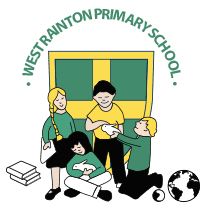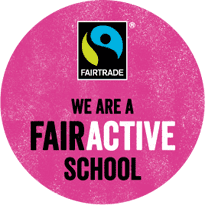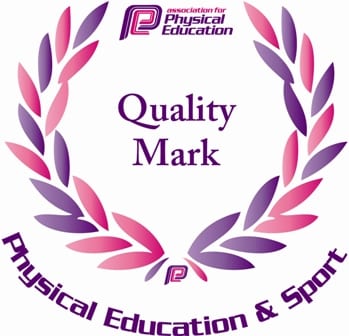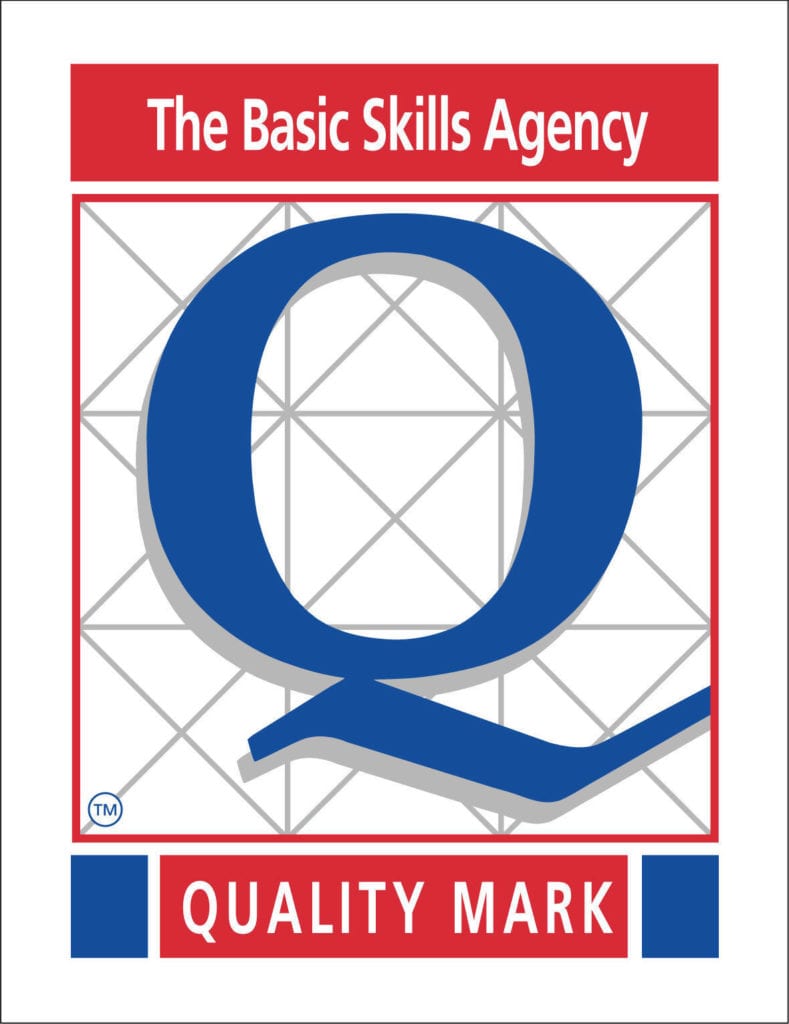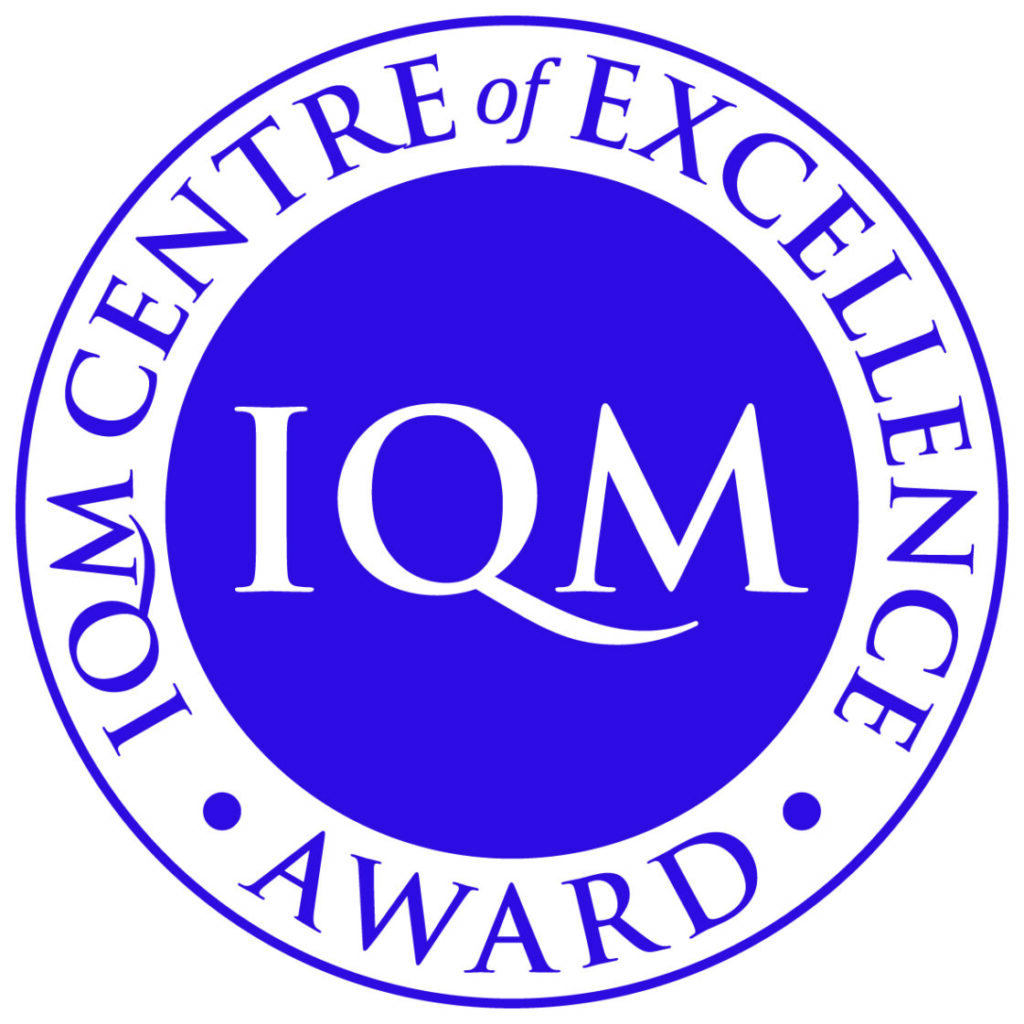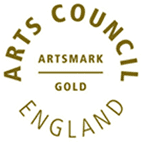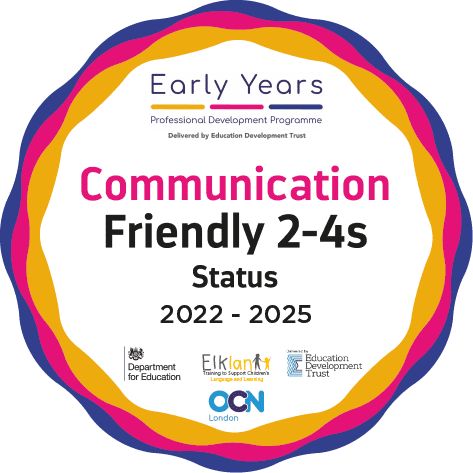“Music gives a soul to the universe, wings to the mind, flight to the imagination and life to everything.” ― Plato
Music is a unique way of communicating that can inspire and motivate children. It is a vehicle for personal expression and can also play an important part in helping children to feel part of a community. At West Rainton Primary School, we provide opportunities for all children to create, play, perform and enjoy music, to develop skills and appreciate a wide variety of musical forms.
Leadership and intent of music at West Rainton
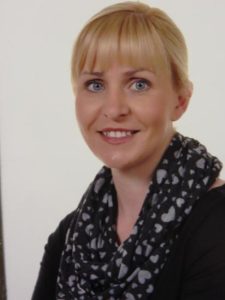
Mrs Julia Struthers
As the leader of music, my aim is to provide a high quality music education for all of our pupils that engages and inspires them to develop a love of music and nurtures their talent as musicians.
You can read my pen profile for my role as music lead here:
Curriculum Key Drivers
At West Rainton Primary, the following four key drivers underpin our learning, and are developed through the school’s individual subject curriculum planning, our extensive extra-curricular provision and our abundantly rich ‘hidden’ curriculum:
 Aiming high
Aiming high
We want our pupils to be inspired by our provision, and to ignite strong aspirations and high expectations of themselves and their future. Promotion of strong attendance is fundamental in this. Through the use of visits, visitors and enriching experiences, we will build knowledge and understanding of career possibilities as well as a hunger to embrace new and exciting opportunities. We will ensure we plan regular opportunities for children to develop self-belief and to see the benefits of taking risks and overcoming challenge. Our pupils will be supported to light up future pathways to fulfilling lives of employment choices, prosperity and future happiness. In music, this is achieved through the engaging and enriching experiences on offer, such as exciting educational visits and the opportunity to work with a variety of musicians and venues. Pupils in all key stages have regular opportunities to watch and be inspired by performances and also be performers themselves. Our music units also have links to composers and musicians in order to broaden children’s knowledge of future study or career pathways.
 Skills for learning and life
Skills for learning and life
We want pupils to leave our school with a bank of knowledge and a skillset specific to each individual subject, whilst also making transferable connections across other areas of learning and life. Fundamental to this, is a curriculum rich in core skills of language, vocabulary, communication, literacy and numeracy. Our pupils will be taught to be inquisitive, follow a line of enquiry to reach answers, and to recall and present their learning in a vibrant range of ways. Opportunities to develop resilience, organisation, leadership, teamwork, adaptability, patience and initiative are all interwoven into our subjects and wider school life in order for our children to adjust to new learning situations. In music, our pupils develop the skills of composing, practising, performing and evaluating. They are given opportunities to work as part of a team and to develop their leadership skills. Music also develops their listening, hand-eye, and fine motor skills. Through music, our pupils also develop skills of self-confidence, curiosity, collaboration, communication, creativity and commitment all of which are important skills for their future life.
 Growing healthily
Growing healthily
Equally as important to us is the development of the whole child. Feeling safe, happy and valued is a fundamental right of all pupils. Our inclusive-rich ethos provides the backdrop to our personal development and wellbeing provision which is skilfully interwoven into all that we do. All pupils are supported to develop a strong understanding of the importance of good physical and mental health, whilst also learning a whole range of factors and influences that can have a negative impact on us. Making, nurturing and maintaining healthy relationships, both on and offline, equips children with the strength and security to recognise what they want and need in life. We believe a strong understanding of e-safety forms a crucial part of being a healthy, well-rounded 21st century global citizen. In music, pupils learn to work effectively with others and they learn the importance of good working relationships. Music also increases their self-confidence, creativity and imagination, and provides opportunities for self-expression and a sense of personal achievement. Working together on a performance can be one of the most memorable and fulfilling things a child does in his or her time at school. Music also gives our pupils a vehicle for exploring feelings in a unique and safe way.
 Knowledge of the world
Knowledge of the world
When our pupils leave us at the end of Y6, we want them to feel so proud of themselves as people that they have the personal strength and self-confidence to find their place as positive global citizens. Through our carefully-planned provision, our pupils will experience a diverse and inclusive-rich experience that allows them to bank cultural capital as well as developing a secure understanding of the importance of equality. As well as a secure knowledge of British values, our pupils will have their minds and horizons broadened through diverse social, moral, spiritual and cultural experiences. Pupils will be regularly encouraged to revisit and extend their world-view, fostering tolerance, sensitivity and empathy to interact positively with others. The music curriculum map is carefully tailored so children encounter and experience a diverse range of music and learn about composers and musicians from a variety of cultures, time periods and musical genres. By studying the music of other cultures, children can develop positive attitudes and a greater understanding of other cultures and societies that may be very different to their own.
The content of our music curriculum has been mapped out carefully after subject leader training and consultations with staff. Whole-school music staff training was carried out in 2020 and September 2022 to ensure that children’s learning in music is progressive and varied.
You can see the subject policy and curriculum mapping for music here:
How music is taught at West Rainton
At West Rainton Primary School, we aim to make music an enjoyable learning experience. We encourage children to participate in a variety of musical experiences through which we endeavour to build up the confidence of all children. Children are given the opportunity to discover, explore and develop technical skills through practical music lessons.
Music lessons are timetabled for each class on a weekly basis. This involves both whole class and small group activities. Children are taught to make music together, to understand musical notation, and to compose pieces. They are also taught to sing and play in time, controlling the sound and pace. They are taught different ways to represent sounds graphically and symbolically. As children get older, they are expected to maintain their concentration for longer, and to listen to more extended pieces of music. Children will be enabled to develop descriptive skills in music lessons when learning about how music can represent feelings and emotions. Children are also taught how to use technology as a tool for creating, manipulating and storing sounds e.g. using the Garageband App on iPads.
In Nursery and Reception musical learning is taught through planned, purposeful play and through a mix of adult-led and child-initiated activities.
In Year 1, children are given the opportunity to participate in ‘Little Fingers’, a programme designed for young learners which is provided by Durham Music Service for one term. Musical skills are learnt through singing games and rhymes and by developing children’s confidence in using untuned percussion instruments.
In Year 2, children are provided with the opportunity to participate in a whole class instrumental teaching scheme which is provided by Durham Music Services. The lessons take place once per week for a term and last 45 minutes. These lessons help the children to further develop their skills in making music together and understanding pulse and rhythm.
From Year 3 upwards, children are given the opportunity to learn the recorder so that they can develop their confidence and skills with one instrument. The lessons take place once per week for a term. These lessons help the children to further develop their skills in making music together and understanding musical notation.
As part of our provision on offer, pupils with special educational needs are planned for very carefully in school. This is an important part of the music curriculum, as we strive to ensure that all of our pupils fully understand what they are being taught. This may involve more time spent on concepts, and simplified tasks to ensure that pupils with SEND gain as much as they can from the learning on offer. Our provision across the curriculum was highlighted when we were awarded the inclusive ‘Centre of Excellence’ award in late 2020. It is crucial for us that our pupils with SEND make progress, and move on from where they are in their learning journey. This provision may look very different to our other pupils, through differentiation and modification of the curriculum. Our decisions are made in consultation with the SENDCo, Mrs Firth, who advises and supports members of staff with their provision.
The impact of music at West Rainton
As a result of the music curriculum, children at West Rainton Primary School develop a love of music and increased understanding of the impact that music can have on their own and others’ lives. They are able to enjoy music, in a number of ways – as listener, creator and performer. Children demonstrate progression of knowledge and skills which they continuously build on and embed.
Through music, children also develop skills of self- confidence, curiosity, collaboration, communication, creativity, commitment and resilience all of which are important skills for their future life.
